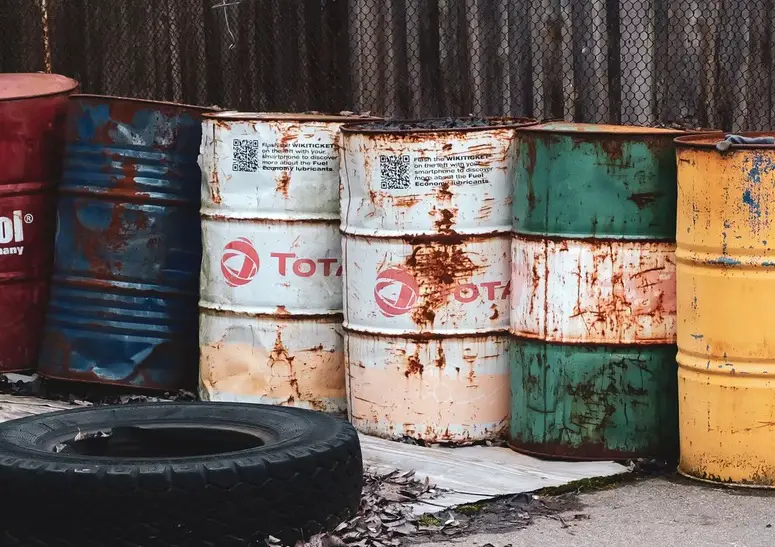According to Goldman Sachs commodity analyst Jeff Currie, consumers hoping for some reprieve from high energy prices will not be getting it any time soon. The analyst just updated Goldman’s forecast for oil prices over the next 12-18 months, and they are warning that oil prices, measured by international benchmark Brent Crude. to rise to nearly $140 a barrel, perhaps by the summer.
Unfortunately the bad news does not stop there. Due to limited refining capacity, the refined products from that oil, such as gasoline, diesel, and jet fuel, will have difficulty meeting demand. That will drive the prices of those fuels even higher, making it feel as if Brent Crude is trading at $160 per barrel.
Already this year, the price of oil has surged 50%, causing the average price of gas to rise to record highs in the US, presently $5 a gallon. Meanwhile at present Brent crude, and WTI crude, US crude oil benchmark, are trading at nearly $120 per barrel.
Adding to the woes is the fact that as China now emerges from lockdowns and begins to ramp up manufacturing and economic activity, Goldman feels that will produce a resurgence in Chinese consumption which will more than offset the durability of Russia’s exports. Currie wrote, “Oil’s structural deficit therefore remains unresolved, with in fact an even tighter oil market through April than we had expected. Supply remains inelastic to higher prices,”
Goldman noted that most oil producers presently have limited capacity to ramp up production over the near term, while those that do have the capacity are limited by OPEC+ drilling quotas.
Goldman notes that although OPEC+ agreed to increase output during their last meeting, there are several challenges which arise for any producers who want to begin drilling. Because drilling activity is presently languishing, it will take months to ramp up activity. Currie also notes there was no exemption issued for Russia from its quota. According to the Goldman team, that would indicate the Cartel has no intention of allowing specific members with extra capacity to compensate for the looming spike in Chinese consumption.

